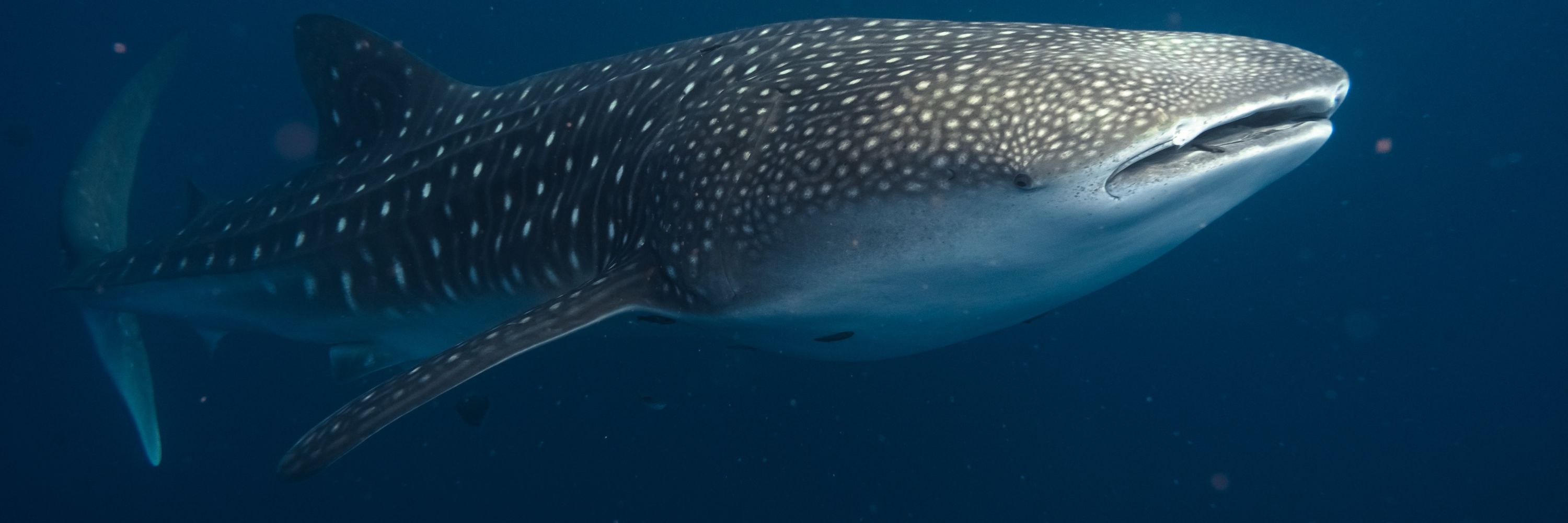
Interested in the biophysical drivers of the movement and behaviour of #MarineMegafauna 🐋🐢🦭🐟
Here we reveal the dynamic physical processes that drive suitable habitat for Tiger Sharks in a subtropical coastal embayment🦈
🔗link here: rdcu.be/eeZG5
🧵 Thread for more: (1/6)
🎥: @jakemasondiving

🔬 Marine Science
🌍 Earth Science
📈 Climate Change
⚠️ Hazards
💊 Biotechnology and Biomedicine
🌊 Oceanography
🪸 Coral Reef Ecology
🌧️ Atmospheric Science
➗ Geophysics
⚛️ Bioscience
🔬 Marine Science
🌍 Earth Science
📈 Climate Change
⚠️ Hazards
💊 Biotechnology and Biomedicine
🌊 Oceanography
🪸 Coral Reef Ecology
🌧️ Atmospheric Science
➗ Geophysics
⚛️ Bioscience
🔗 doi.org/10.1111/ddi....

🔗 doi.org/10.1111/ddi....



Deep-sea mining risks for sharks, rays, and chimeras. A must read for this looming threat to many already threatened species.
www.cell.com/current-biol...
@iucnshark.bsky.social

Deep-sea mining risks for sharks, rays, and chimeras. A must read for this looming threat to many already threatened species.
www.cell.com/current-biol...
@iucnshark.bsky.social

Understand how ecosystem stability is changing across space and through time using niche modelling, pinpoint at-risk species/regions, and build tools that drive conservation action🌿🧭📈
👉 tinyurl.com/2w2we5z8
#Ecology #Jobs #Biodiversity #RStats

Understand how ecosystem stability is changing across space and through time using niche modelling, pinpoint at-risk species/regions, and build tools that drive conservation action🌿🧭📈
👉 tinyurl.com/2w2we5z8
#Ecology #Jobs #Biodiversity #RStats

share.google/pWxTjMwVl5Lh...
share.google/pWxTjMwVl5Lh...
& our new paper shows their offshore feeding grounds
if the #highseastreaty #bbnj is ratified we can protect that, plus sharks, seabirds and other marine predators:
www.sciencedirect.com/science/arti...
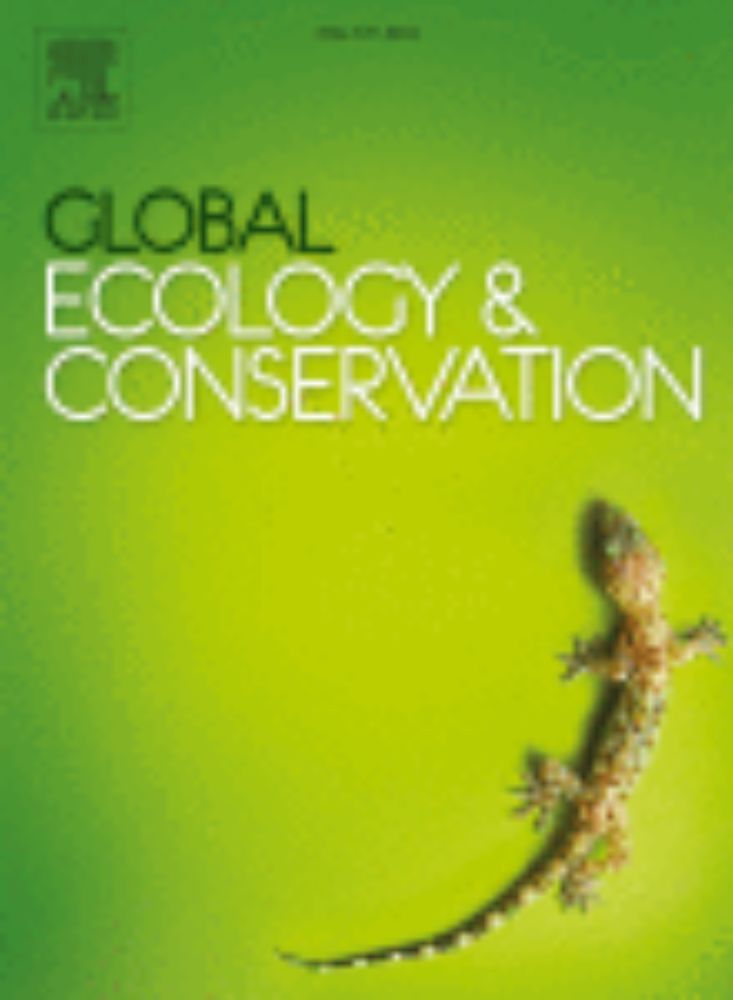
& our new paper shows their offshore feeding grounds
if the #highseastreaty #bbnj is ratified we can protect that, plus sharks, seabirds and other marine predators:
www.sciencedirect.com/science/arti...
www.syfy.com/syfy-wire/ho...
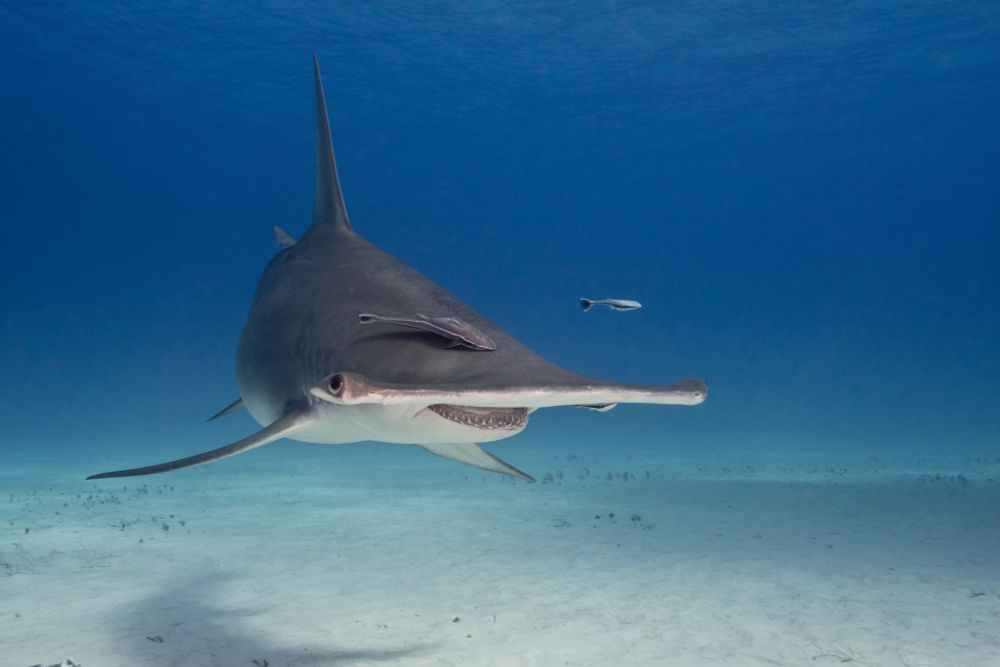
www.syfy.com/syfy-wire/ho...
We have to act now.
@griffith.edu.au JCU MQ @geonadir.bsky.social CSIRO
link.springer.com/article/10.1...

We have to act now.
@griffith.edu.au JCU MQ @geonadir.bsky.social CSIRO
link.springer.com/article/10.1...
www.pnas.org/doi/10.1073/...
Illustrations @cookedillustrations.com
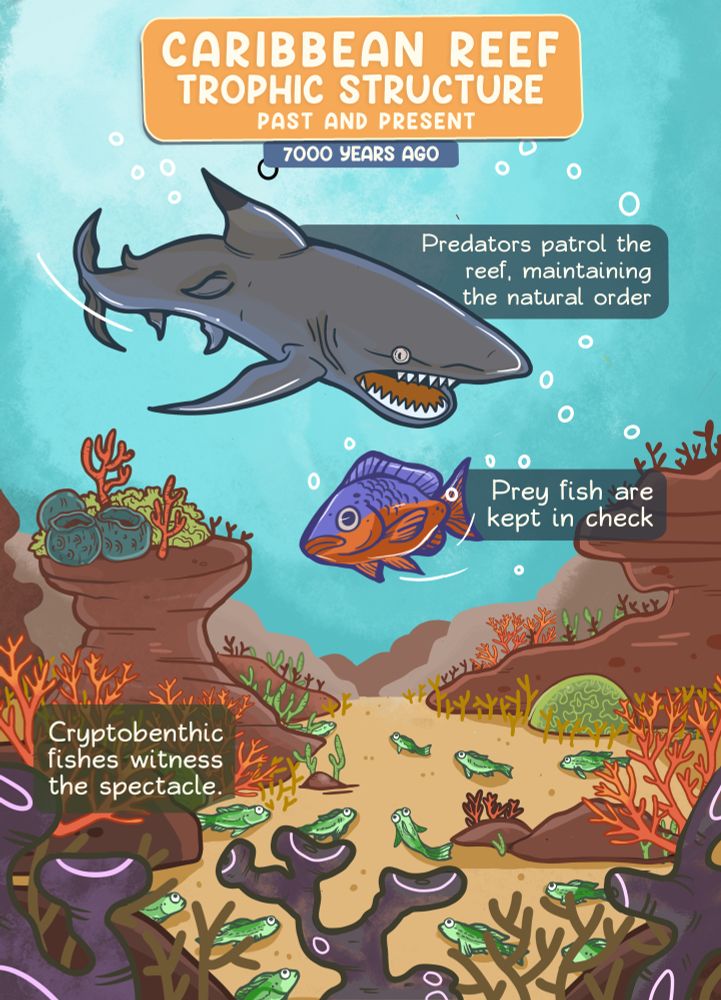
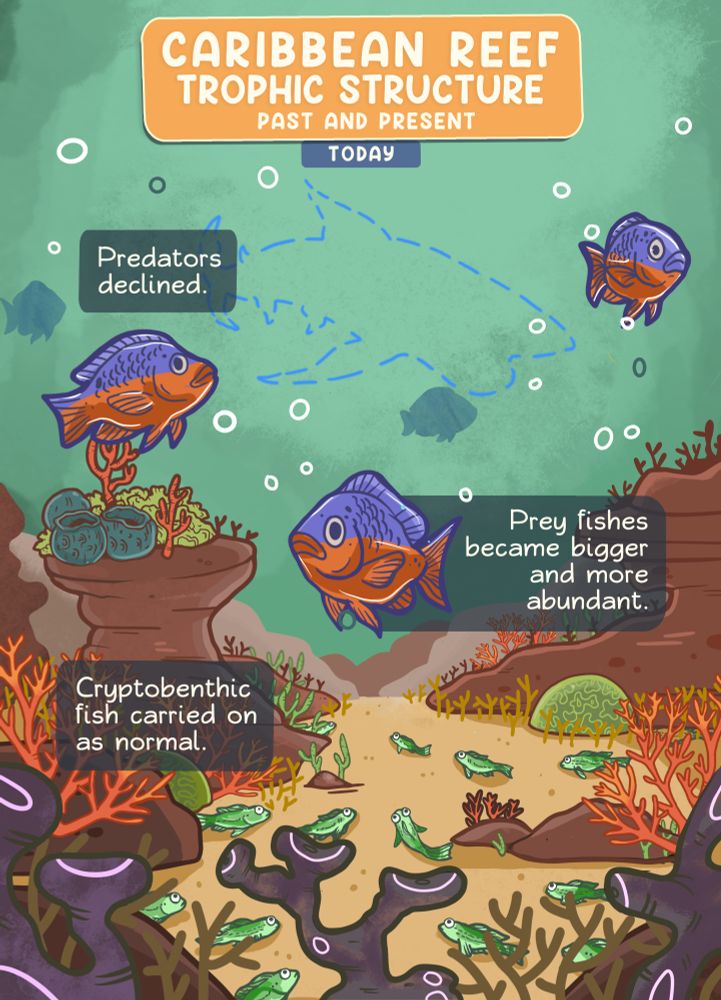
www.pnas.org/doi/10.1073/...
Illustrations @cookedillustrations.com
www.science.org/doi/10.1126/...

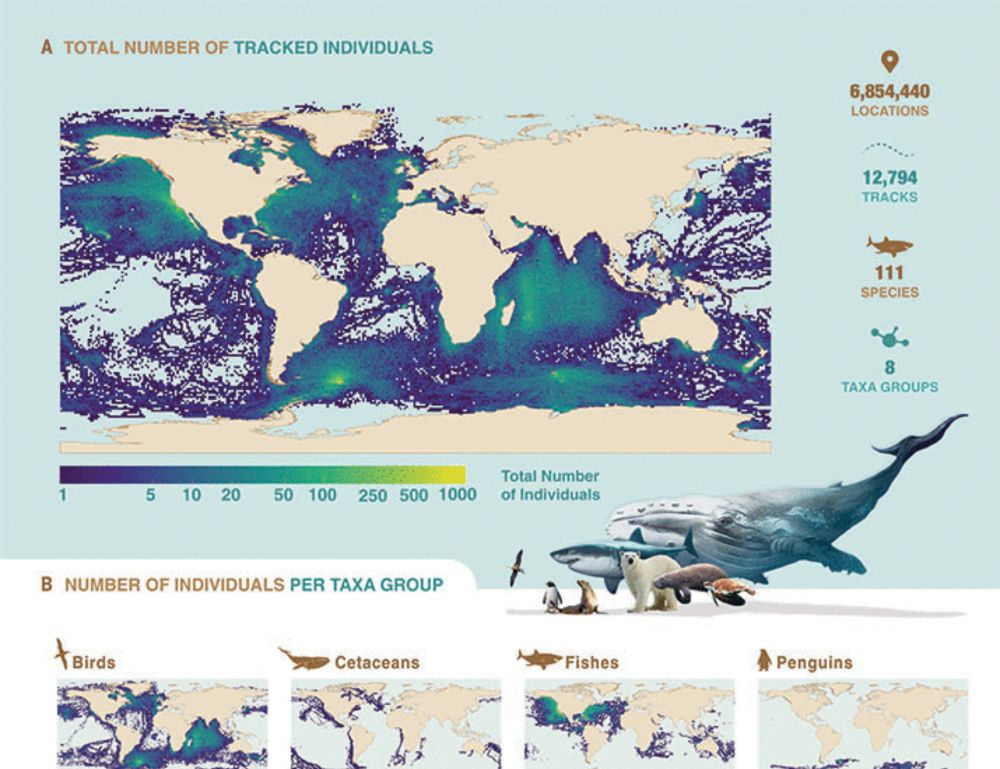
doi.org/10.1016/j.ma...
Decision not driven by evidence, but (wrong) public perception
www.theguardian.com/australia-ne...

doi.org/10.1016/j.ma...
Decision not driven by evidence, but (wrong) public perception
www.theguardian.com/australia-ne...


If you have any elasmobranch and killer whale interaction records we want to hear about it!
Please reach our team with the email below, would love to include them in our global review!
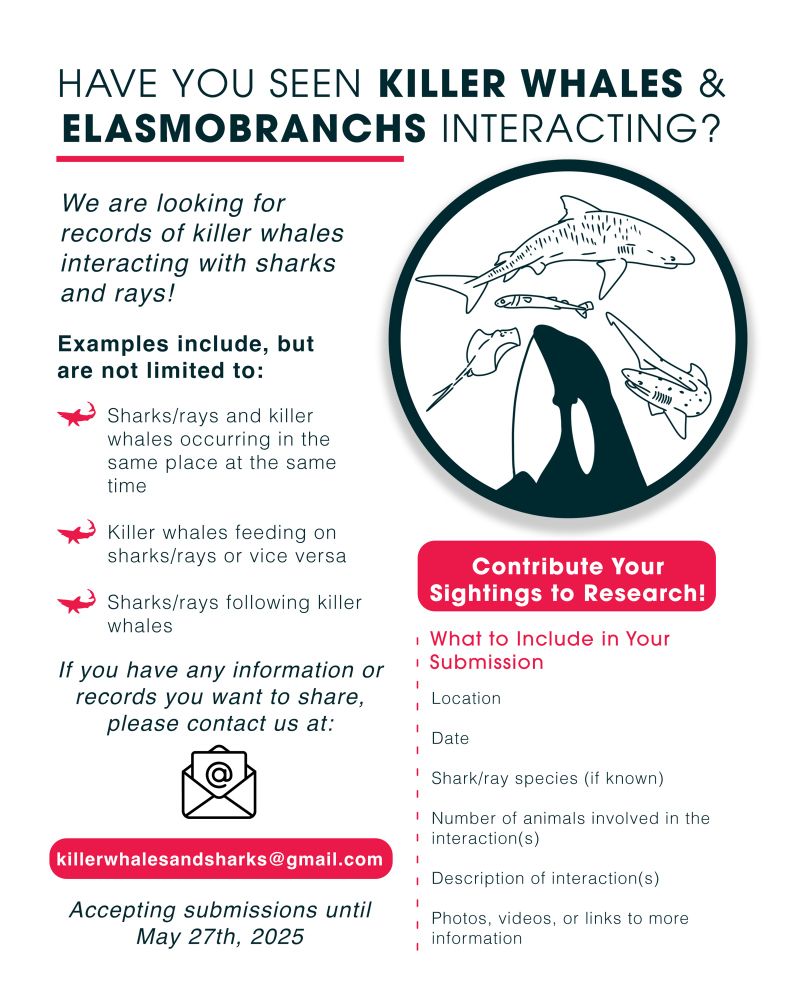
If you have any elasmobranch and killer whale interaction records we want to hear about it!
Please reach our team with the email below, would love to include them in our global review!
We used acoustic telemetry to track 355 white sharks over a 15 year period in California, describing differences in seasonal trends among demographic groups. DM if you need a copy, and huge thanks to all collaborators - it took a village!
www.publish.csiro.au/WR/WR24136

We used acoustic telemetry to track 355 white sharks over a 15 year period in California, describing differences in seasonal trends among demographic groups. DM if you need a copy, and huge thanks to all collaborators - it took a village!
www.publish.csiro.au/WR/WR24136
Learn more on #InternationalDanceDay: scim.ag/42VqsSz
Learn more on #InternationalDanceDay: scim.ag/42VqsSz
🔋Our cross-journal special feature with
@animalecology.bsky.social "Energy trade-offs under changing environments" is open to proposals!
💡This feature aims to understand essential energy processes in the context of environmental change
👉Find out more: buff.ly/gvMdp1C
🧪🌍

🔋Our cross-journal special feature with
@animalecology.bsky.social "Energy trade-offs under changing environments" is open to proposals!
💡This feature aims to understand essential energy processes in the context of environmental change
👉Find out more: buff.ly/gvMdp1C
🧪🌍


